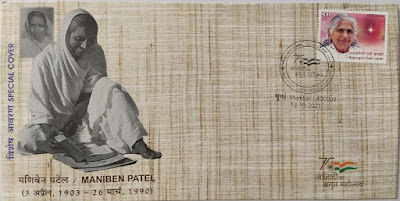The financial year in India typically runs from 01April to 31 March of the following year. This period is used for accounting purposes by businesses, government entities, and individuals for tax and financial reporting.
The Indian financial year is divided into twelve months, with each month spanning from the 1st to the last day of the month. The end of the financial year, March 31st, marks the deadline for various financial activities, including filing income tax returns, completing audits, and finalizing financial statements.
The Indian government presents its annual budget in February, outlining its expenditure and revenue projections for the upcoming financial year, which starts from April 1st. This budget serves as a blueprint for government spending and taxation policies for the year ahead.
Overall, the Indian financial year plays a crucial role in the country's economic planning, budgeting, and financial management. It provides a structured framework for financial transactions and reporting, ensuring transparency and accountability in both public and private sectors.






.webp)




















.jpg)







.jpg)







.jpg)


